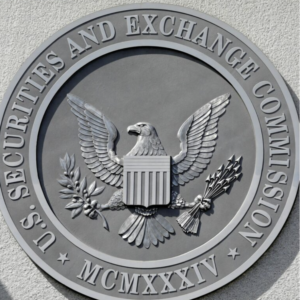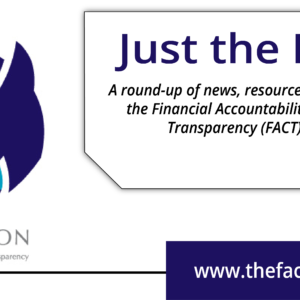
Why Investors and Multinationals Should Push The U.S. for Public CbC Reporting
In this article, Gurule compares emerging financial transparency rules in Australia and the United States that would affect how U.S. multinationals publicly report tax and other operational information.






